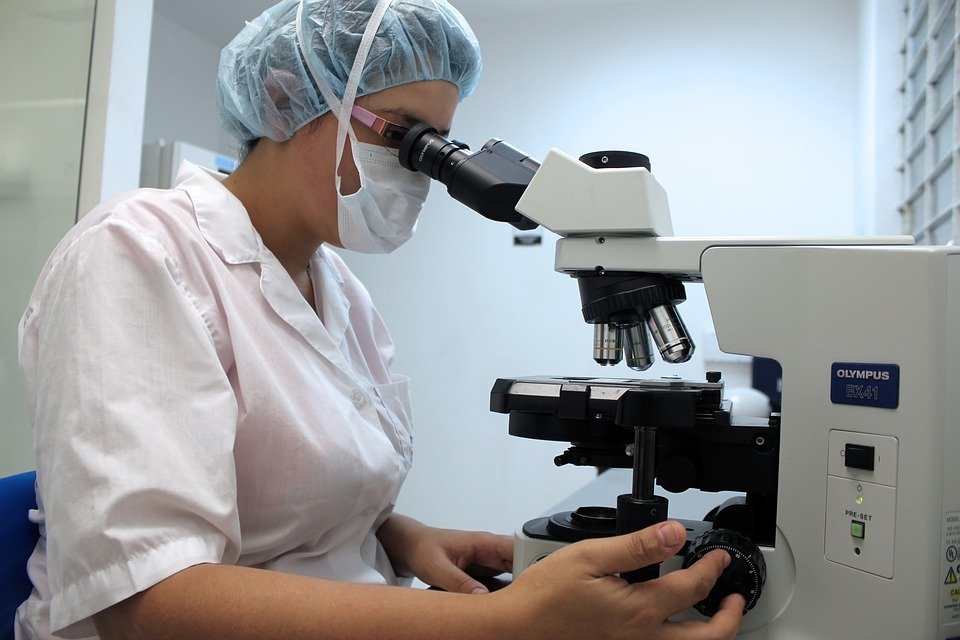The latest Horizon suggests that diabetes might be 5 separate diseases rather than 2 different types as scientists previously believed. These new findings could change the way those with diabetes are treated.
According to research issued in The Lancet Diabetes and Endocrinology, there are 5 previously unknown subgroups of diabetes.
Every single group is genetically distinct. Moreover, the research claims that the differences in the subgroups play a role in the stage of life when diabetes is developed. It is also important for the complications that might occur due to the disease, like kidney problems.
How Is Diabetes Classified?
At the moment there are 2 major classifications: type 1 and type 2 diabetes. Type 1 diabetes is an autoimmune disease or a condition which makes the body unable to produce an adequate amount of insulin.
Type 2, however, it is a condition that can develop, but it can be treated. If left untreated, type 2 diabetes can cause obesity and type 1. Well, according to the researchers from Lund University Diabetes Center, these classifications are way too simplistic.
5 Diabetes Classifications
Researchers analyzed data of almost 15,000 patients with diabetes by taking information from registries in Finland and Sweden.
In addition, they concluded that type 2 diabetes consists of 5 categories, together with the 2 most severe types of diabetes.
One of the researchers who led the study, Prof. Leif Groop, claims these results could help us enter a whole new era of personalized medicine. Each type of medicine could be able to treat certain diabetes.
According to Prof. Groop, this step is extremely important. It lets us get one step closer towards precision medicine. Such medicine could be an ideal scenario for diagnosing and treating patients with diabetes.
Specific Category Classification
Category #1 – severe autoimmune diabetes, or the typical type 1 diabetes which affects young and healthy individuals whose immune system fails to produce insulin.
Category #2 – severe insulin-deficient diabetes which is similar to the first category with the difference that the immune system is not responsible for the inability to produce enough insulin in young people with a healthy weight. Researchers say that those with this type of diabetes are more prone to eye disease.
Category #3 – severe insulin-resistant diabetes, usually occurring in overweight people whose body doesn’t respond to the insulin. They are probably more prone to developing kidney and liver diseases.
Category #4 – mild obesity-related diabetes, usually occurring in very overweight people with a more normal metabolic system than those in category #3.
Category #5 – mild age-related diabetes that affects older people. The severity of their diabetes is milder than in other categories.
What Do Critics Say?
Critics claim that the research was only focused on Scandinavians. In fact, they ignored the population of America and South Asia, which are more prone to developing diabetes at a much younger age.
However, the European population is less prone to diabetes. But, people from South Asia can develop this disease at a very young age.
Therefore, it is very important to lead an active and healthy lifestyle to avoid such serious life conditions, especially like type 1 diabetes.
But, if one is born with diabetes, the best way to manage it is to determine what diet and medications are best suited for the patient’s body.

